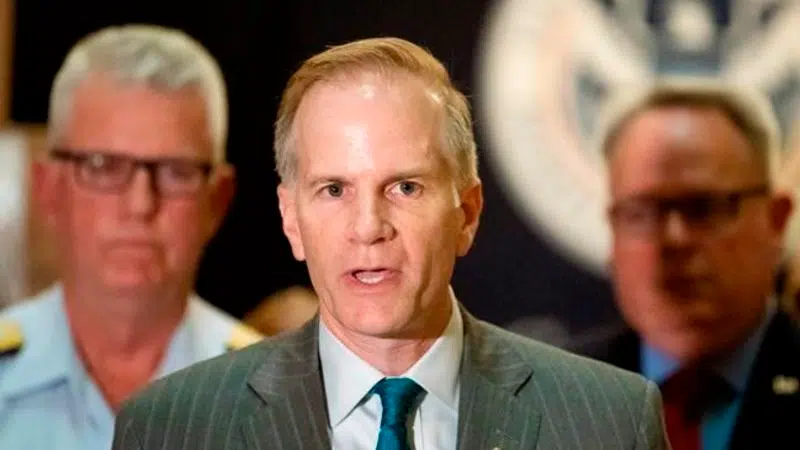
US judge: Injection sites don’t violate federal drug laws
PHILADELPHIA — A federal judge ruled Wednesday that supervised injection sites designed to prevent overdoses do not violate federal drug laws, giving advocates in Philadelphia and perhaps elsewhere a boost in their efforts to open them.
U.S. District Judge Gerald A. McHugh said there’s no evidence that Congress intended 1980s-era drug laws to cover sites where people could inject drugs and have medical help nearby if they need it.
“Safe injection sites were not considered by Congress and could not have been, because their use as a possible harm reduction strategy among opioid users had not yet entered public discourse,” McHugh said in his ruling.
U.S. Attorney William McSwain, an appointee of Republican President Donald Trump, had gone to court in Philadelphia to try to block the plan, calling the goal “laudable” but supporters misguided.


